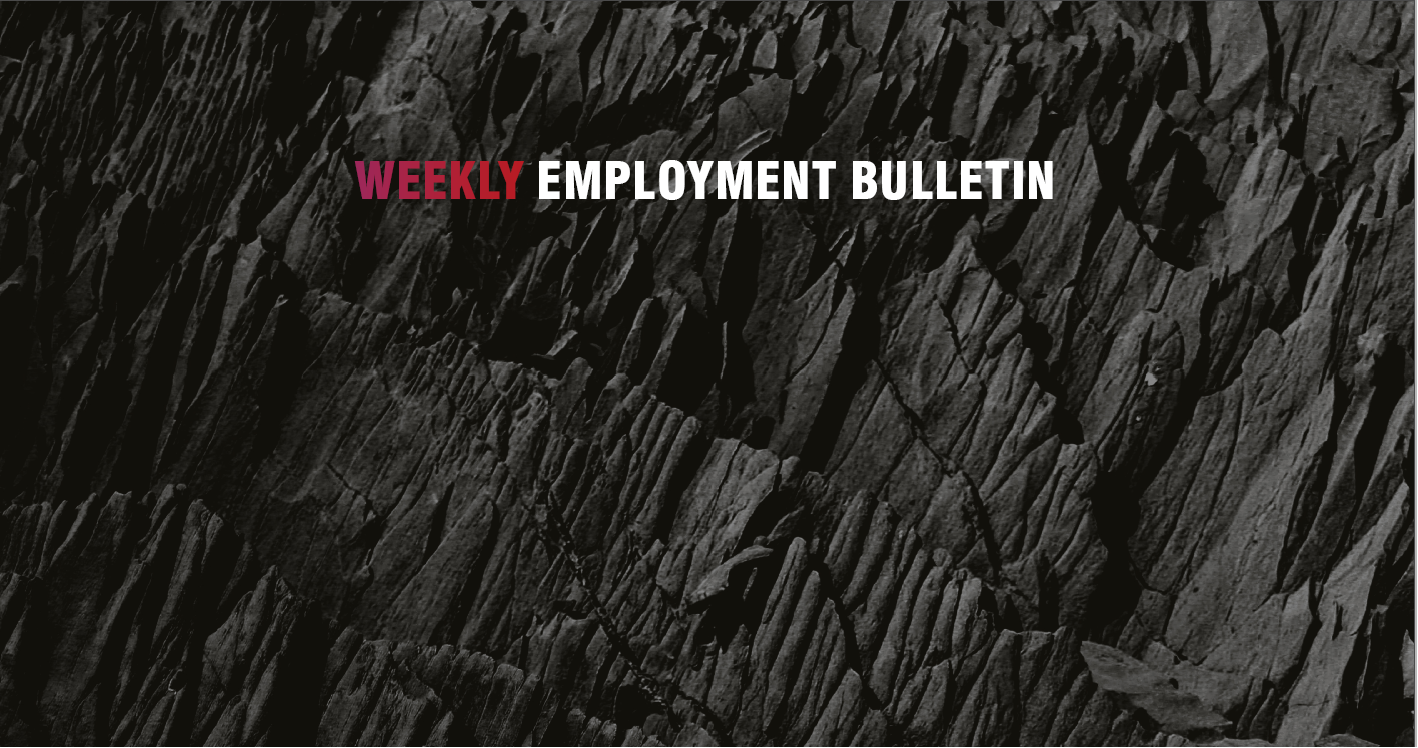by Jon Taylor
30 April 2024
To what extent does the promotion procedure have to be adjusted to accommodate a disabled applicant? This was a question which arose in the case of Pipe v Coventry University.
Facts of the case:
The Claimant, Mr Pipe had worked for the University as a grade 6 assistant lecturer. He made several applications in 2017, 2018 and 2019 to become promoted to a grade 7 lecturer in journalism and all were unsuccessful.
The required promotion framework set out that applicants had to have:
- A PhD or were working towards one or had to show and equivalent contribution to professional practice.
- They also need to establish that there was a business need for the role and money was available to fund it.
Mr Pipe had suffered from a sleeping disorder and ADHD. The employer accepted that both conditions were disabilities under the Equality Act 2010.
Mr Pipe did not meet the first requirement in the framework of having a PhD. Evidence from his consultant stated that his medical conditions would impact his ability to work towards a PhD.
In the light of the evidence from his consultant, Mr Pipe asked his employer to reconsider his 2018 application. The employer refused, on the grounds that there was no business need for the role, either in relation to the 2018 and 2019 applications.
Mr Pipe then raised a grievance in 2020 in which he sought to argue that a reasonable adjustment should be made such that he could promoted without having to satisfy the usual conditions in the framework. This was rejected as no jobs were available. He then resigned.
Having been unsuccessful in the employment tribunal and the EAT, Mr Pipe appealed to the Court of Appeal.
Decision of the Court of Appeal:
The Court of Appeal had rejected the appeal. The reasoning had been that the disability had not played a role in the University’s decision for promoting Mr Pipe. Despite Mr. Pipe’s inability to win his case, the Court proceeded to evaluate whether the tribunal had accurately determined if the University’s refusal to adjust its promotion framework constituted a proportionate measure in achieving a pertinent objective, relevant to disability-related and indirect discrimination claims. The Court concluded that the tribunal had correctly applied the law, determining that the adjustments sought by Mr. Pipe were not reasonable accommodations by law. This decision set a baseline for the subsequent proportionality assessments.
To tackle the main point of this article, if the employer has legitimate and justified reasons for not promoting an employee, there’s no need to extend accommodations, especially if there’s no business requirement for the role such as in this case. This case and its ruling provide a guiding principle for upcoming employees who might encounter similar situations.
Speak with us

